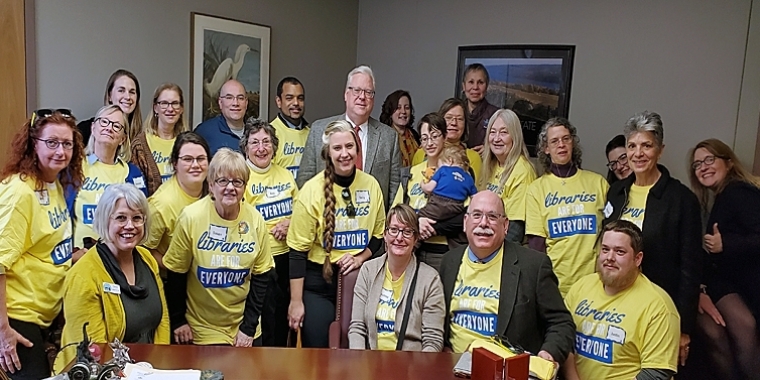
Senator O'Mara's weekly column 'From the Capitol' -- for the week of July 29, 2024 -- 'Doubts continue to grow over New York's climate mandates'
July 29, 2024
-
ISSUE:
- CLCPA; clean energy mandates
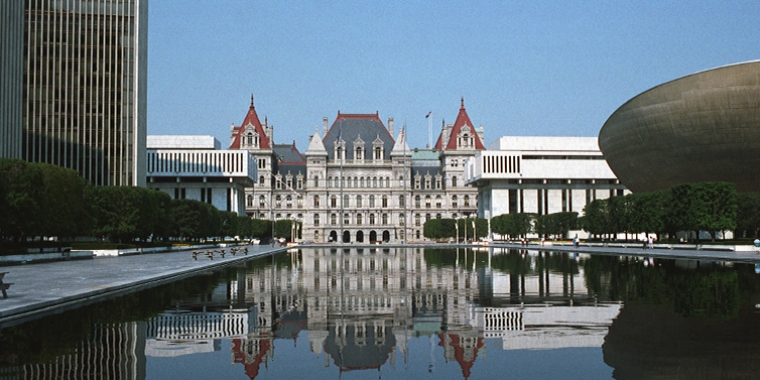
Senator O'Mara offers his weekly perspective on many of the key challenges and issues facing the Legislature.
unreasonably risks energy grid reliability and affordability.
Senator O'Mara offers his weekly perspective on many of the key challenges and issues facing the Legislature, as well as on legislative actions, local initiatives, state programs and policies, and more. Stop back every Monday for Senator O'Mara's latest column...
This week, "Doubts continue to grow over New York's climate mandates"
The drumbeats of doubt have continued to grow louder throughout the past few weeks as reality sets in over the ongoing, utopian plan by Albany Democrats to impose sweeping clean energy mandates on all New Yorkers.
Since the enactment several years ago of a far-reaching climate agenda known as the "Climate Leadership and Community Protection Act" (CLCPA), as well as the approval of other mandated actions since then, the governor, her energy czars, and a Democrat-led state Legislature have been moving fast and furious to impose one of the world's most radical climate agendas on every citizen, every community, and every sector of the state's economy.
As I and many others have stated repeatedly, these actions come with a devastating price tag and consequences. Keep in mind some of the mandates already in the works:
--No natural gas within newly constructed buildings, beginning in 2025;
--No new gas service to existing buildings, beginning in 2030;
--An all-electric school bus mandate starting in 2027;
--No replacement natural gas appliances for home heating, cooking, water heating, clothes drying beginning in 2035; and
--No gasoline-automobile sales by 2035.
Throughout July, however, the drumbeats of doubt have intensified.
First came a July 1 report from the Hochul administration that the timeline to achieve 70 percent renewable energy by 2030 and zero emissions by 2040 isn't realistic and, in fact, can't be met.
Consequently, it's going to be back to the drawing board on the CLCPA and other climate mandates, which is good news. It will at least open a long-overdue and desperately needed public discussion on the realities of the current strategy.
That discussion must start out with what the Albany Democrats failed to do in the first place six years ago: a true cost-benefit analysis of New York State eliminating our 0.4% of global carbon emissions and what impact that will have on the climate change issues we have been dealing with. While I fully support efforts to lower emissions, it must be done in a responsible manner that will actually make a difference on climate. If that answer is nil, which I believe it will be, we should focus our resources toward resiliency on the effects of climate change.
The need for this reassessment was given further urgency in recent weeks.
First, in a preliminary analysis, NYSIO, the state's independent grid operator, warned that under the current timeline the state, according to Politico, is "at risk of blackouts without significant new generation coming online before the middle of the next decade."
Most recently came an eye-raising new audit and report from State Comptroller Thomas DiNapoli that the implementation of the Democrats' climate agenda has been seriously flawed and, especially, that its true costs remain unknown. In other words, the comptroller's audit confirmed the alarms over affordability, feasibility, and reliability that many of us have been raising from the outset. Among other findings, the comptroller's audit found that:
--"The Public Service Commission (PSC), tasked under the Climate Act with establishing and reviewing the state's renewable energy program, sometimes used outdated data and wrong calculations to determine if the state could reach 70% renewably sourced electricity by 2030. The PSC did not update their calculations based on new laws and directives, which may drive clean energy demand and supply up, like electric vehicles, new green buildings, or electric cooling and heating. PSC also did not fully account for other potential risks, and did not consider certain challenges that could delay meeting the state's clean energy targets;" and, maybe most troubling of all,
--"The PSC did not reasonably estimate or verify other entities' estimates of the cost of the transition to renewable energy. Undertaking a project without knowing the costs increases the risk that the project will not succeed. The absence of cost estimates also makes it difficult, if not impossible, to assess its impact on New Yorkers, including those who are currently struggling to pay their utility bills and who have faced rising costs over the past two decades. PSC officials stated that they expect the cost for renewable energy to decrease as time goes on but did not produce an analysis that demonstrated how quickly they expect these costs to decline."
Responding to the comptroller's report, Upstate United Executive Director Justin Wilcox stated, "Following the release of the New York State Comptroller's most recent audit, we reiterate our calls to pause the implementation of the Climate Leadership and Community Protection Act (CLCPA) until critical issues are addressed. Moreover, the report shared today highlights what we have been saying publicly for years -- utility bills are rising dramatically, and New Yorkers continue to be left in the dark when it comes to the true costs associated with the CLCPA."
Well said, and I could not agree more. I've said it before, and it bears repeating: The current strategy is not realistic or achievable. It is not responsible or rational. It lacks critical foresight, and it unreasonably risks energy grid reliability and affordability.
###
Share this Article or Press Release
Newsroom
Go to Newsroom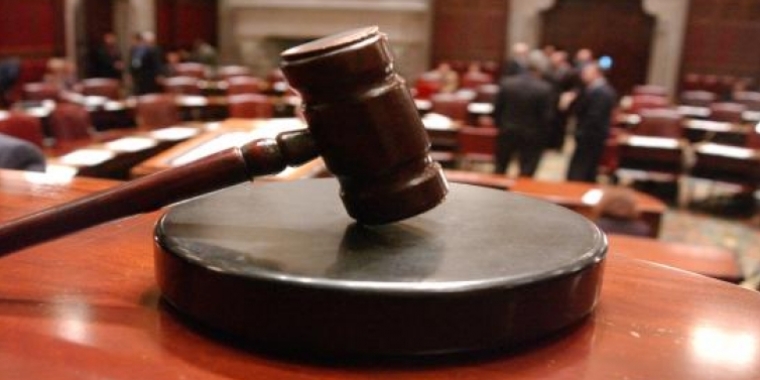
"Governor Hochul has shamefully forgotten us in a time of need"
October 17, 2022
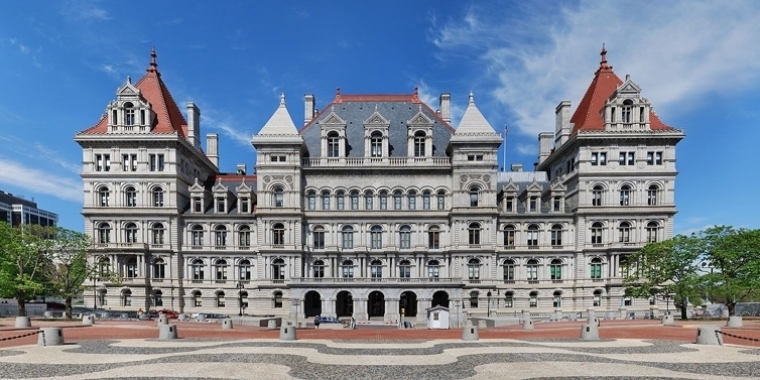
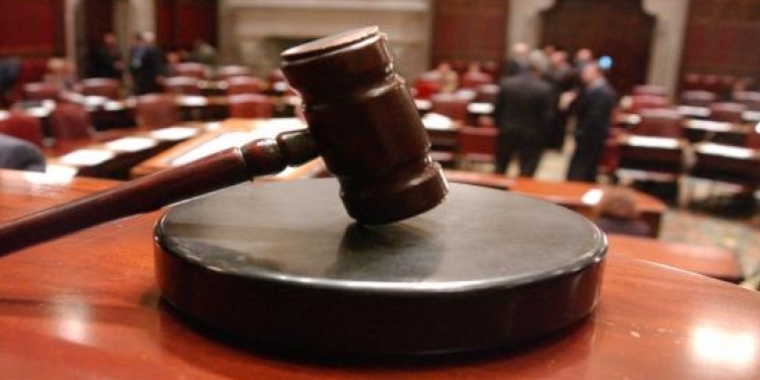
Local public libraries awarded state grants
October 7, 2022
